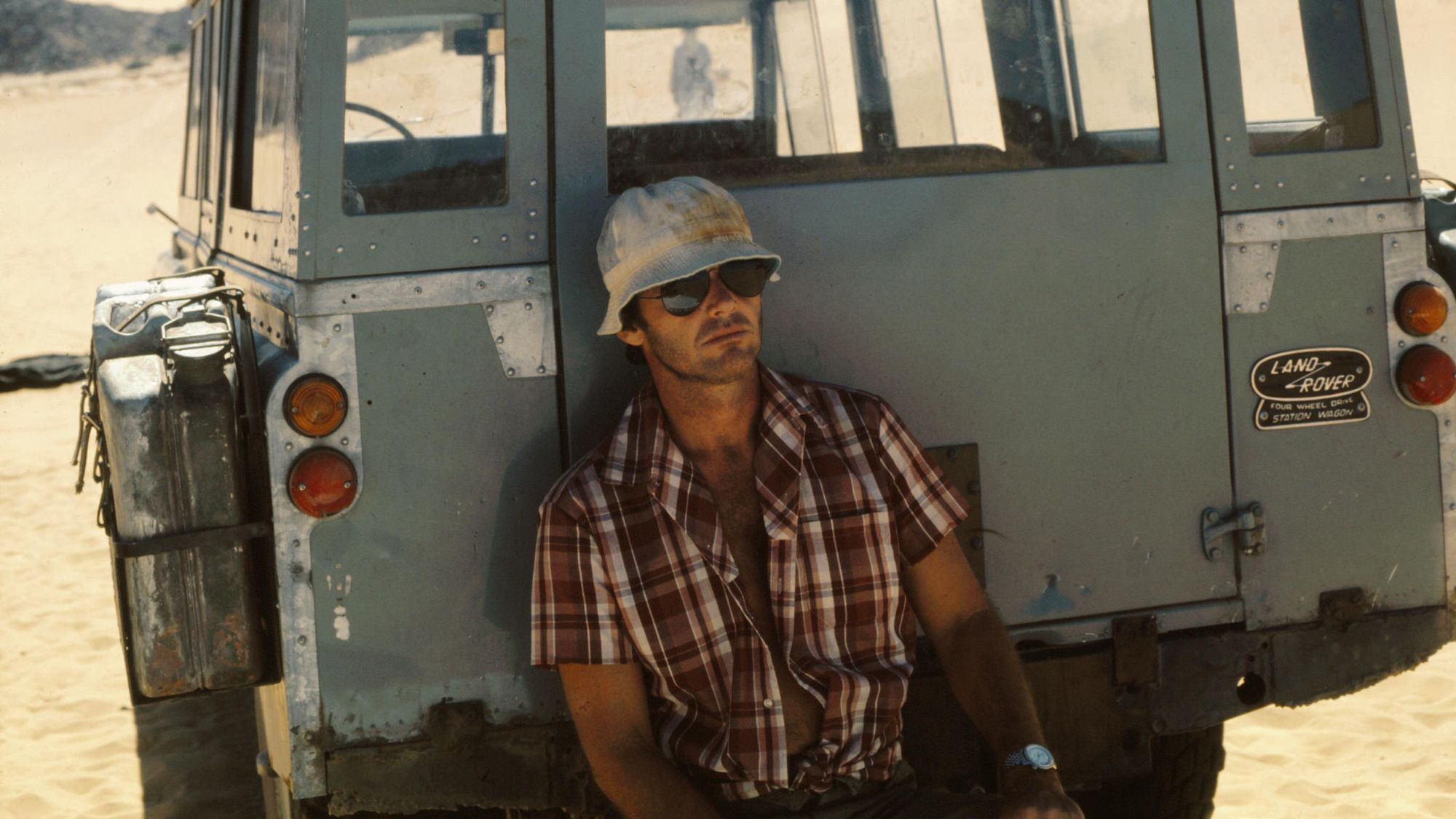The Passenger

Originally published on 27/04/23 on Letterboxd
“At first he was elated... Really high. Faces... Colors... Landscapes. But then everything began to change. The world was much poorer than he imagined. No one had ever told him how much dirt there was. How much ugliness. He noticed ugliness everywhere. When he was blind... He used to cross the street alone with a stick. After he regained his sight... He became afraid. He began to live in darkness. He never left his room. After three years he killed himself”.
Perhaps less explosively (in literal and figurative terms) potent of a political text than Antonioni’s previous English-language feature Zabriskie Point, but no less affecting in its locating of dislocation in a world where the borders between identities are as fluid and intangible as the borders of geography that they cross. In the latter film, modernity arises in the form of geometrical abstraction, where the sharpness of the angular tears into the softness of flesh, which in turn manifests as the adobe canyons that seem to melt into the mass of bodies congregating within and upon them. Here, it is less the consolidation of spatial separation that blurs the experience of modernity than it is the very refusal of each and every image in this to be representative of anything than a fundamental, primal vacancy of the self- even the clearest allusions to the spectre of the neocolonial in microcosms of exchange, à la Camus’ The Stranger, are resistant to being contextualised within the realm of geopolitics precisely because they refuse to be translated into anything resembling coherency. The act of translation is one of disfiguration, splintering the unknowable individual into shards that can be understood as fragments of a life- but these fragments will never be understood as anything but discontinuous accounts of what may as well be the lives of many instead of one, since what Antonioni proposes here is no unity of the self except for the silhouette it aches to occupy.
When I first saw this along with the rest of Antonioni’s work two years ago, I observed them as monumental portraits of the psychosexual decay induced by modernity, but even in the instance of this film (which remains my favourite of Antonioni’s and my favourite of the 70s as a whole), I understood it to be less of a personal text than one of depersonalisation within a political economy defined by nothing except transience. I now understand, or at least perceive (insofar as something as calculatedly obtuse as this can really be understood) this as something truer to my own place in this world than few other works of art. I cannot say I particularly identify with any characters in fiction, but when I observe nothing behind Nicholson’s gaze here except for a reflection of whatever’s in front of him, I can observe a specificity of vacancy that I have increasingly grown to share. It is fundamentally the resistance of the film to accept the trace of any sort of feeling that renders it one of the only films to make me feel anything beyond the bounds of the image.
